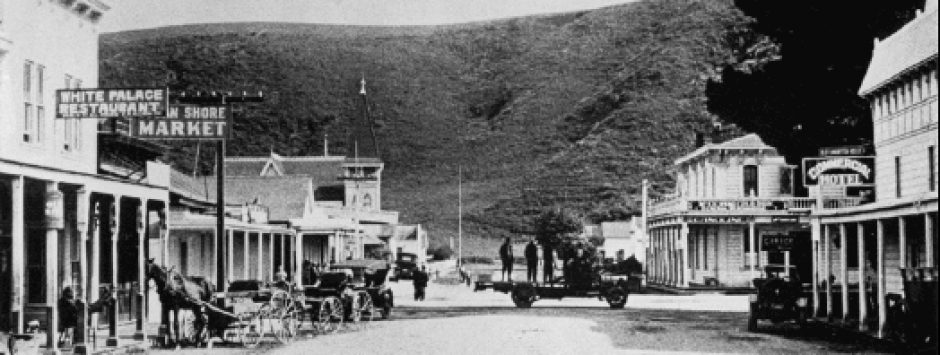Story from John Vonderlin
Email John ([email protected])
|
Hi June,
The following short article that appeared in the “Daily Alta” on June 8th, 1853 was the first mention of the wreck of the Carrier Pigeon in the old newspapers. Note that they use the term “on the night of the 6th instant.” That led me to the answer to your question about what “1st inst.” meant in the “Oldest Inhabitant” posting. My guesses at that time were way off. But, knowing “instant” was involved, it was easy to find this definition below, that reveals it means “in the current month.” One less mystery in this world.
I’m assuming the term “Heads” in the article refers to the headlands on either side of the Golden Gate passage into the bay. I’m also assuming that the contradiction of “Intelligence was revealed” and the description of the source as an “ignorant Mexican,” and the need for a reliable source, had to do with the year, 1853, when much bitterness still existed in California because of the U.S.-Mexican War, that had ended just five years before. Enjoy. John
Definition #3 of Instant
Abbr. inst. The current month: your letter of the 15th instant.
Wreck of the Carrier Pigeon–Probably a Total Loss
Intelligence was revealed in this city last evening that the clipper ship, Carrier Pigeon, of Boston, had gone ashore on the night of the sixth instant, in a thick fog about thirty miles south of the Heads, where she now lies stern on. The ship has bilged, but it is hoped the cargo between decks can be saved. The news were (sic) received through an ignorant Mexican (sick) We look for further particulars from a reliable source to-day.
Mr. Bacon, an agent of the underwriters at Boston has taken efficient measures to afford assistance immediately, and goes down to the wreck with steamers and men to render all assistance requisite.
|
